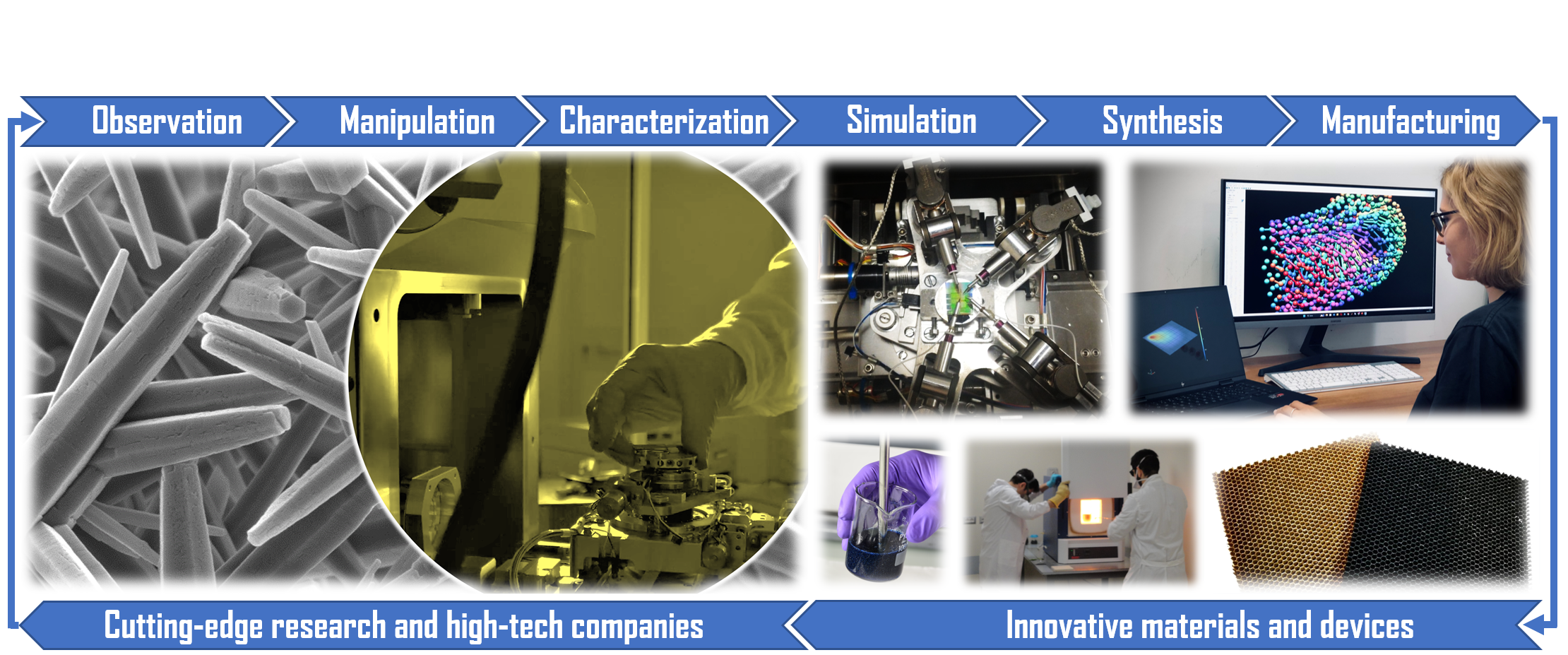Master of Science Programme in Nanotechnology Engineering


The Master’s Degree Program in Nanotechnology Engineering aims to provide students with advanced scientific and professional training, with specific engineering-oriented competencies. These will enable them to tackle complex problems related to the analysis, development, simulation, and optimization of devices, materials, and processes based on nanotechnologies for applications in the field of Industrial Engineering. The program is primarily focused on developing advanced multiscale investigation and design tools and fostering technological innovation across various sectors of industrial engineering. A key educational goal is to ensure that students acquire the following abilities:
the ability to manage and apply micro- and nanotechnologies for the development of materials, biotechnologies, and processes aimed at creating new micro- and nano-devices;
the ability to design new micro/nano-devices for specific functional and multifunctional applications using atomistic-level simulation methods;
the ability to design and manage complex micro- and nano-systems;
knowledge and management skills concerning the risks and safety issues related to the use of nanotechnologies.
The academic path also ensures that Nanotechnology Engineers can integrate their acquired technical and scientific skills with contextual knowledge and transversal abilities. Laboratory-based experimental activities are widely developed within the Master’s program to foster strong sensitivity toward practical and application-oriented challenges.
These capabilities are achieved through a curriculum that explores in depth topics such as nanofabrication techniques, self-assembly processes of nanostructures, surface engineering, atomistic modeling of nanostructures, and characterization techniques down to the nanoscale.
Moreover, students study techniques and methods for analyzing and designing new micro- and nanostructured, multifunctional, and smart materials and surfaces, for the realization of nano- and micro-scale mechanical, electrical, electronic, electromagnetic, photonic, or hybrid devices. The program also covers the development of flow microsystems and reactors for the transport, separation, purification, and amplification of cellular and subcellular compounds, microprobes, and biocompatible materials for the regeneration and rehabilitation of tissues and organs.
